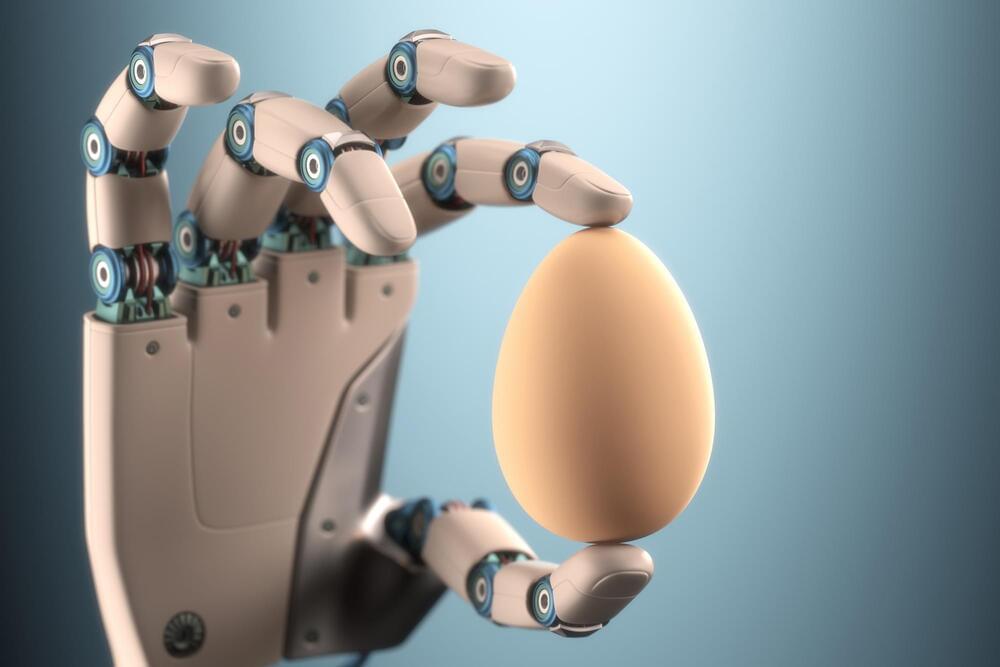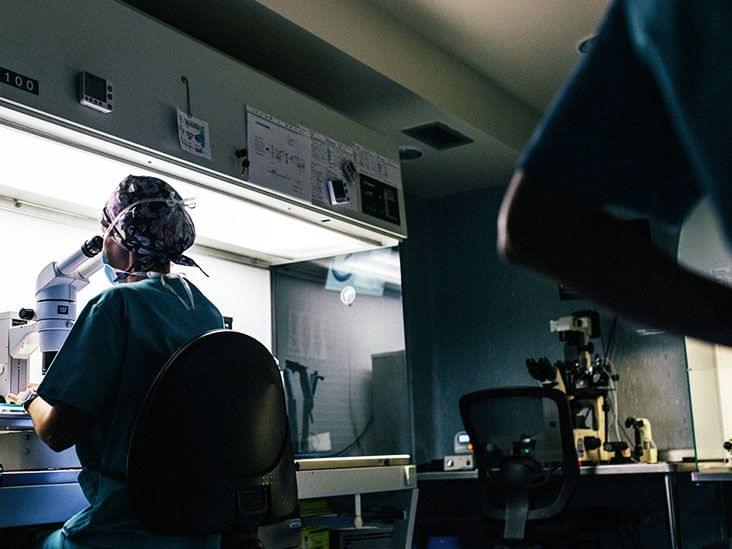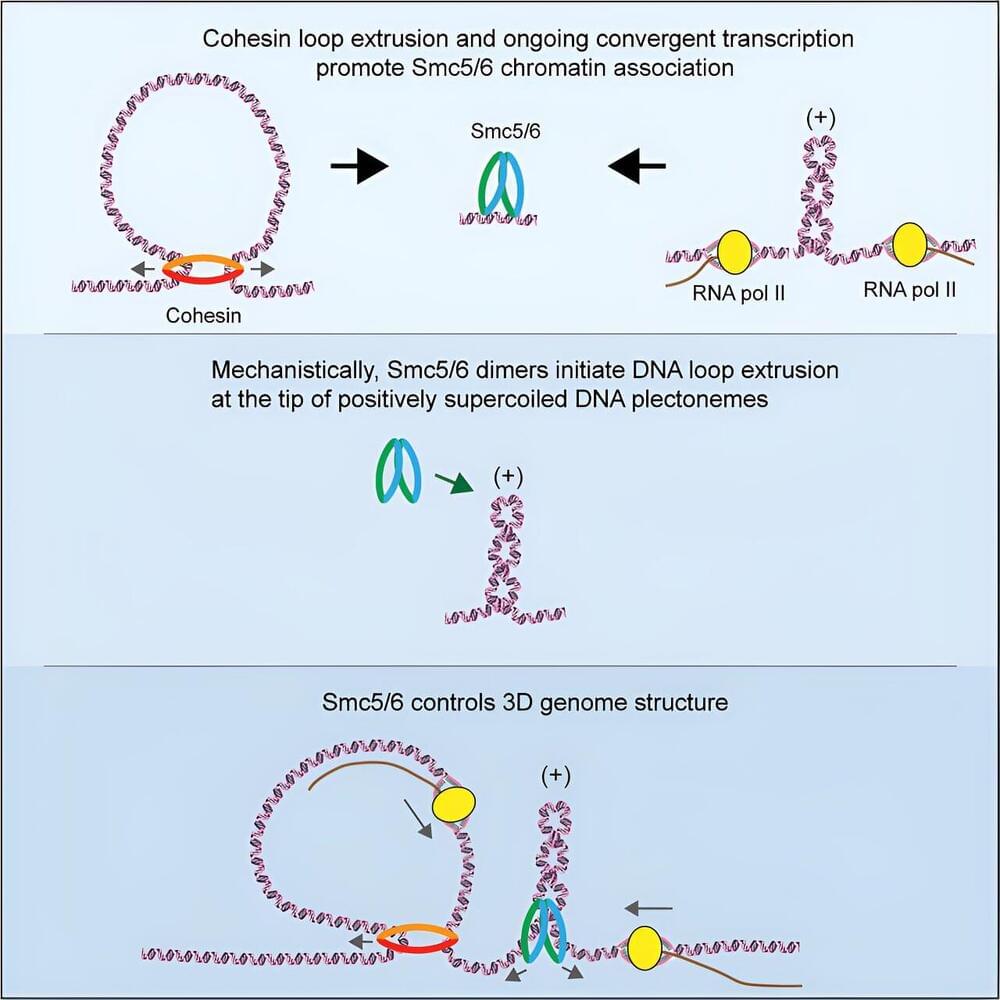Feb 2, 2024
DNA Targeting Drug Shows Efficacy for Colorectal Cancer
Posted by Shubham Ghosh Roy in categories: biotech/medical, genetics
Colorectal cancer (also called bowel cancer) typically develops in the large bowel (colon) or rectum. Recent studies have shown significant rises in the number of colorectal cancer cases, particularly those in young adults. As we discussed earlier, the recently released estimated cancer statistics for 2024 predict colorectal cancer as the leading cause of mortality in men under 50 and the second-leading cause of mortality in women. Additionally, experts predict over 150,000 new cases of colorectal cancers this year.
To combat these troubling figures, ongoing research focused on the prevention and treatment of colorectal cancers remains a high priority and urgent need. This includes data recently published in Science Advances which demonstrates pre-clinical efficacy for a new treatment approach.
The study involves genetic material known as microbial or mislocalized DNA. This type of DNA arrises from cells that become damaged, thus no longer providing the correct genetic instructions. Damaged DNA can elicit various reactions in the body, including activating the immune response. Damaged DNA can therefore influence how the body responds to diseases, including colorectal cancer.

















